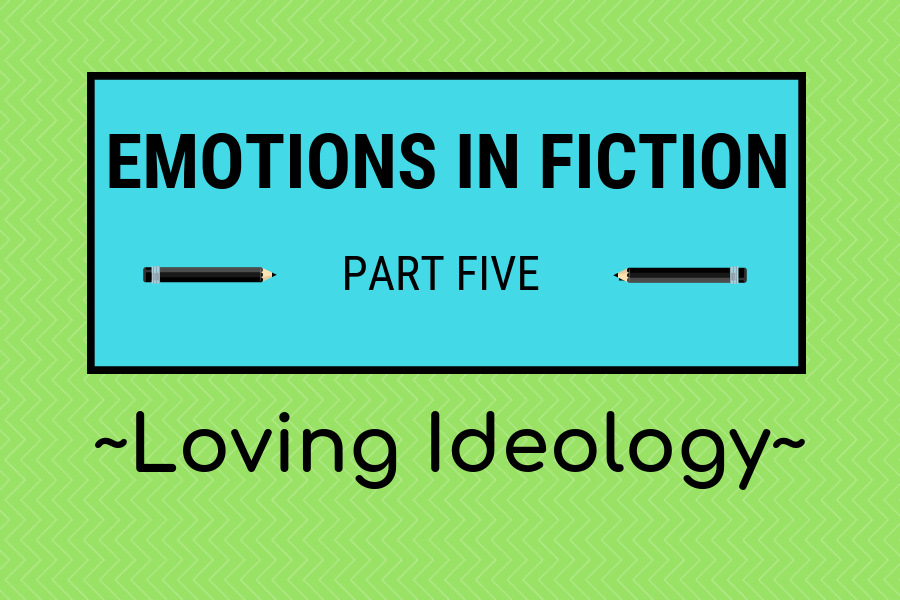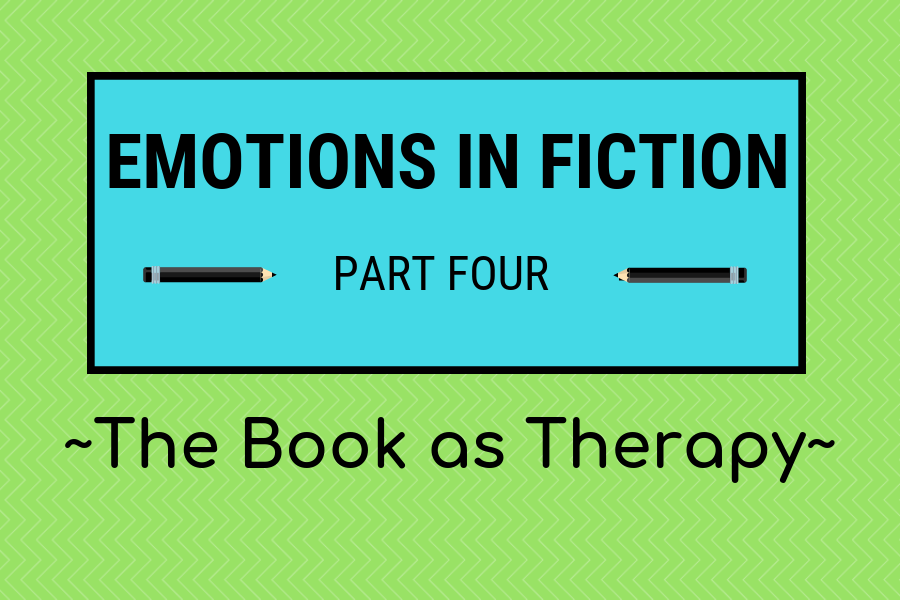You’ve worked hard on your proposal and know it shines. But what if it is never opened or, at least, not opened promptly?
So. So. Busy.
Think of your recipient’s IN box. Here is what a few email subject lines may look like upon the first open on a random Monday morning:
Romance novel submission
Drones and Love: YA Science Fiction Book
Oops! You left items in your cart. Don’t let them get away!
New Contract for Your Client
Have you seen my cat, Barney, roaming the neighborhood?
Blog posts: I don’t have anything new in the queue for you
Quick question
Fiction Novel from New Author
Congratulations! You have won $10,000,000!!!!!!!!
Status update
Need help
Devotional book submission
Neiman Marcus store events
Website update
Bible Study Group Reminder
News Alert: Joe Whoozat States He Is Not Running for Office in 2020
Your Morning Devotional
Submission from First Time Author
UPS Update: Package Scheduled for Delivery Today
Query
Thank you! Your payment has been applied
Proposal Submission
Book proposal
Don’t Let Cyber Spies Steal Your Private Information!! Upgrade to NoNoSpy today!
Lunch date!
Ippolita trunk show tomorrow
Proposal for Christian romance novel
Your contact Joe Whoozat just joined LinkedIn
Whew!
As you can see, as an author, you have many, many emails to compete with. So let’s say your recipient read the morning devotional, then answered the urgent questions from current clients, reviewed the new contract, wrote a blog post, filed business emails, got the 411 on Joe Whoozat, snoozed the shopping emails until the evening hours, addressed a hundred other new emails arriving in a steady stream, and deleted spam. Now it is well into the afternoon, and the recipient is down to new submissions:
Romance novel submission
Drones and Love: YA Science Fiction Book
Fiction Novel from New Author
Devotional book submission
Submission from First Time Author
Query
Proposal Submission
Book proposal
Proposal for Christian romance novel
Meh
While these subject lines convey enough information that the recipient knows they are new submissions, none screams: Open Me Now!!!!
Naturally, some authors take this idea to the extreme and end up with subject lines along the lines of:
Bestselling Novel!!!!
This Book Will Outsell All Others in 2019!
The problems? The author doesn’t know his novel will be a bestseller; and if you’re aiming to be a bestseller in 2019, it’s already too late. Way too late.
Open Me!
Yes, I’ve fallen for overwrought and misleading subject lines, intrigued enough to wonder who would write such imaginings. But as an author, you don’t want to appear neurotic or fibbing to agents and editors.
So what legitimate subject lines will make the recipient want to open YOUR email before all others? Here are some ideas:
- Your name. My assistant will open emails with just about any address, but please use an email with your name instead of something along the lines of Webejammin@weed.com or someone else’s email address. I don’t know about you, but if I’m reading an entire email thinking a man wrote it, only to find his wife is inexplicably using her husband’s email address, it throws me. Also, I find it off-putting when a writer uses an address for his primary business. I respect that you may be working as a real estate agent, lawyer, or dog walker; but your writing address shouldn’t be RealAgentLawDog@barkbark.com. Most of the time, email is free and easy to set up. Your name or YourNameBooks is likely to be available on at least one well-known email service.
- A great book title. Create the best book title you can and include it in the subject line. Granted, the publisher may ultimately use a different title, but you’re trying to attract attention now. Besides, if your title rocks, the publisher may decide to keep it!
- Genre. When you know the genre is spot-on according to the recipient’s stated interests, naming it can help. In the list above, I’d be inclined to open the emails naming a genre I’m looking for over one that merely says it’s a query.
- You’re a bestselling author. If you’re genuinely a bestselling author, it’s okay to say so in the subject line, especially when you’re not yet a household name. And, yes, quite a few authors who can legitimately say they are bestsellers are not household names.
- You’re an award-winning author. You can choose to name the award in the subject line if you like.
- Professional membership. If the recipient is prominent in a professional organization you belong to as well, popping that in the subject line might move you up in the queue.
- Where you met. If you met at a conference or at another business venue, be sure to include this fact in the subject line.
- Requested. Always mention if a proposal has been requested.
While it always has been and always will be challenging to shout above the crowd, doing your best to have your email noticed quickly is the first step to happy publication.
Your turn:
What is the best subject line you’ve ever seen?
What makes you open an email in front of others in the queue?
What tips can you offer to get noticed over email?










